updated 5 March 2021
News about America’s November 3 elections consumes attention, with in-person speeches trimmed to social media sound bites, even more so this year due to COVID-19. The UK hurtles toward Brexit from the EU at the end of 2020, having attempted course-correcting elections nearly every two years since 2015. Elections in other democracies like Israel, Germany, and India consumed yesterday’s news, as did elections even in oligarchies and autocracies.
Negotiation is communication, and political campaigns seem to be nothing but communication. Politicians seek election in democracies, in many oligarchies (rule of the few), and even some autocracies (rule of the one).
Elections involve bargaining for the vote; however, a vote is either-or, win-lose. Nevertheless, perhaps we can better understand elections through the lens of negotiation. As in negotiation, first, we must define the context.
Unique Human Activities
People often feel that elections are pivotal events. However, from the democratic US through to autocratic Belarus, there is always life after an election. A country’s government system and the strength of that governments’ institutions drive change more than elections. Change in the US is inevitably slow; change in Belarus, if at all, would be dramatic. Elections are a worldly affair.
Animals with complex brains work out who is in charge, often with displays of power replacing actual battles. However, only humans work out how to work out who is in charge and how much cooperation is expected.
We make our process visible and with the results being overtly supported or contested. Elections are a product of human civilizations. Societies use elections to work on complex issues, just as negotiation does on complex solutions.
Words That Mislead
The UK's turmoil over Brexit is a consequence of a simple vote on May 7, 2015. This referendum comprised a single question, yes or no, in or out. In theory, the prior campaigning worked out the details. Then people voted. Yet, the UK government has struggled now for five years to define what that vote meant.
When people use binary, yes or no, black or white, descriptions, this employs the highest, most superficial level of abstraction, enabling everyone to think something different, for better or worse. Success really is in the details.
The word ‘election’ even means different things to different people. A government may be ‘democratic,’ but its behavior ‘autocratic’; how we describe things matters for understanding in elections and negotiations.
A Piece of the Puzzle
The word ‘election’ has three distinct functions. First is the participation in elections: to be a 'responsible citizen' in the historical definition. Second is the act of voting: yes or no, for one rather than another, and sometimes 'ranked-choice voting' of one before another. The third is governance: creation and administration of laws: the vote's rationale.
Elections involve comparative choices much more than determining standard solutions, yet perhaps elections are a solution to finding a solution. We elect people to reach and implement solutions; we negotiate solutions.
Negotiations can be the distributive of 'win-lose' or the integrative of 'win-win'’ They may be transactional one-for-one trades or partnerships of high value and long term. Elections and negotiations are complicated puzzles.
Tools to Understand Our World
Countries worldwide conduct elections to create economies, establish order, provide services, and grant security. Elections in the US are as debated as past ones in the UK and Israel, thinly disguised ones as in Russia, and recently postponed ones as in Hong Kong. Duty may not be too strong a word for citizens to understand their elections actively.
Both elections and negotiation are complicated and uniquely human endeavors. The broad set of tools we use for understanding negotiation may be useful for another uniquely human activity, elections.
In the next and second post of the month, I’ll use the Keys of Negotiation™ to take the first step in unlocking the question of ‘are elections a negotiation?

